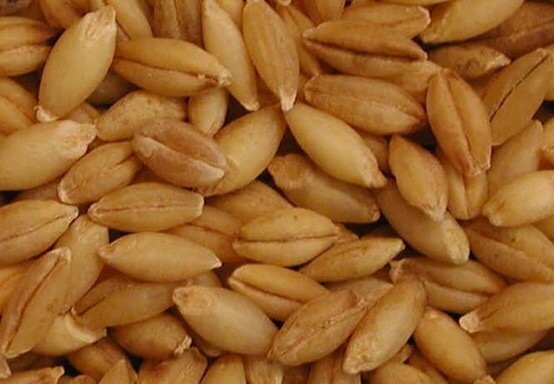Barley malting is a crucial step in the production of malt, which is widely used in the brewing and distilling industries. It involves a series of carefully controlled processes that convert raw barley grains into malted barley, unlocking the enzymes and releasing the sugars necessary for fermentation.
The malting process typically consists of the following stages:
-
Steeping: The barley grains are cleaned and soaked in water for a specific period, usually around 2-3 days. This activates the germination process by hydrating the barley kernels, allowing them to absorb moisture and swell.
-
Germination: The soaked barley is spread out in a thin layer on malting floors or in germination vessels. During this stage, the grains begin to sprout as the dormant enzymes within the barley are activated. The germination process typically lasts for 4-6 days and requires optimal temperature and humidity conditions. As the grains sprout, enzymes such as amylases and proteases are produced, which break down complex starches and proteins into simpler forms.
-
Kilning: Germination is halted by drying the barley in a kiln. The barley is carefully heated and dried using hot air, while the temperature is gradually increased. This process can take several hours to several days, depending on the desired characteristics of the malt. Kilning serves multiple purposes: it stops enzymatic activity, reduces moisture content, develops flavors, and determines the color of the malt. Different malts require specific kilning profiles, resulting in a wide range of flavors and colors.
The malting process is influenced by several factors, leading to the variety of outcomes:
-
Barley Variety: Different varieties of barley exhibit varying characteristics such as enzyme content, protein levels, and kernel size. These variances affect the malting process and can lead to variations in the final malt. Barley breeders and farmers select specific varieties based on the desired malt characteristics.
-
Malting Parameters: The malting process is highly dependent on factors like steeping time, germination conditions (temperature, humidity, and duration), and kilning temperature and time. These parameters can be adjusted to manipulate enzyme activity, sugar formation, and flavor development. Small changes in these parameters can result in significant variations in the malt outcome.
-
Quality Control: The malting process requires meticulous quality control to ensure consistency. Factors such as moisture content, germination rates, and enzymatic activity must be monitored and adjusted to achieve desired malt specifications. Any deviations in quality control can lead to variations in the final product.
-
Specialty Malts: In addition to the standard base malts, specialty malts are produced by subjecting the malted barley to additional processes like roasting, toasting, or caramelization. These additional steps impart unique flavors, colors, and aromas, leading to a vast array of specialty malts available to brewers and distillers.
-
Maltster’s Expertise: The experience and skill of the maltster play a significant role in the outcome of the malting process. Maltsters make decisions regarding timing, temperature, and other parameters based on their expertise and knowledge. Their ability to monitor and adapt to the changing conditions throughout the malting process greatly influences the final product.
In conclusion, barley malting is a complex process involving steeping, germination, and kilning, which leads to the production of malted barley. The variety in the outcome of malting arises from factors such as barley variety, malting parameters, quality control, specialty malts, and the expertise of the maltster. These factors contribute to the diverse range of flavors, colors, and characteristics found in different malt varieties, enabling brewers and distillers to create a wide array of beverages with unique profiles.

